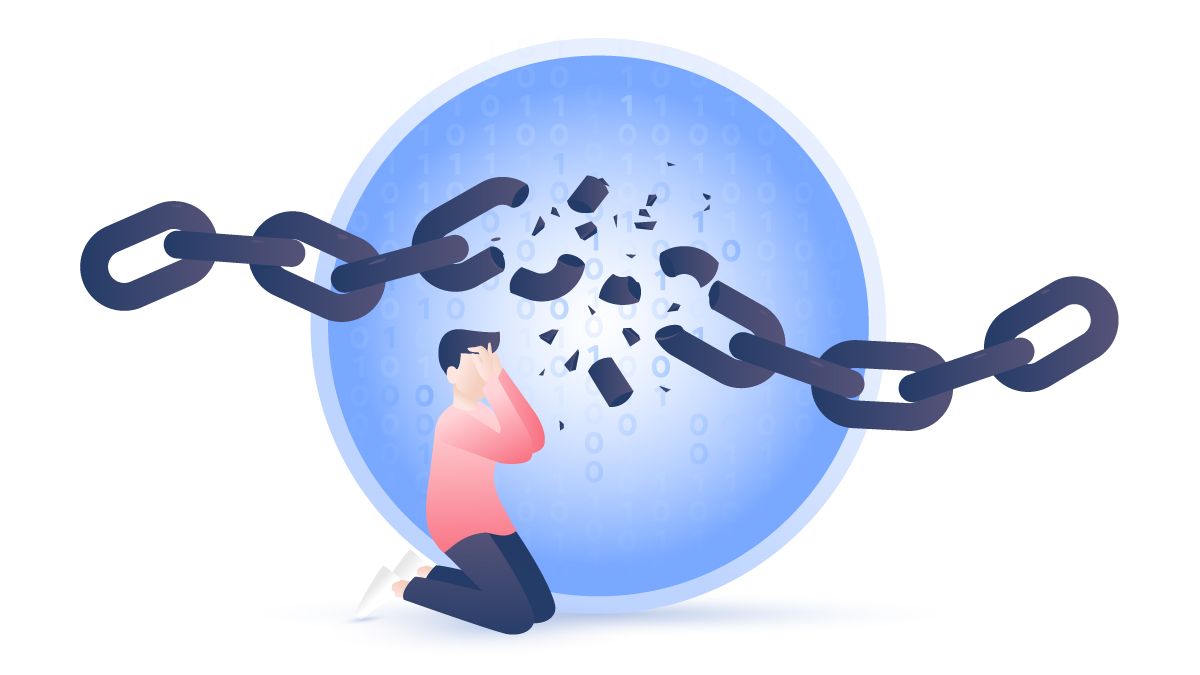Is Puffin browser safe?
What makes a good browser? A combination of strong security, ease of use, and solid features. Since its release in 2010, Puffin browser has grown in popularity among privacy-oriented users, looking for ways to enhance their browsing experience. But is it really worth your time? And is the Puffin browser safe to use?

What is Puffin browser?
Puffin might look like a regular browser at first glance, but there’s a lot going on behind the scenes. When you type a URL into a regular browser, a web server sends a folder with HTML, CSS, and JavaScript code to the user’s browser. The browser engine then converts these elements into the webpage you’re trying to view.
Puffin works differently, as it renders websites on its cloud. This technological approach benefits users in a couple of ways:
- Since you’re not downloading anything on your device, this mitigates the risk of ending up with malware or potentially unwanted programs from shady websites.
- Your data on Puffin cloud is encrypted.
- The data travels faster and it takes less time to load websites.
Puffin has been downloaded 150 million times. While this number is far behind the major browsers like Chrome or Firefox, it has supporters from all over the world. However, Puffin is not free and you’ll have to pay for a subscription if you want to use it without ads.
Is the Puffin browser safe to use?
Puffin browser is relatively safe to use. Your browsing data is encrypted when traveling between your device and Puffin cloud servers.
Security is not the biggest concern you need to address before starting to use Puffin, however. First you should think about privacy. Since all your browsing data goes through the Puffin’s cloud system, they keep standard web logs, including the information in the TCP layer (source IP, source port, destination IP, destination port) and in the HTTP layer (URL, HTTP headers).
While Puffin says that this data is only for statistical reports, we can’t ever be sure if that’s entirely true. In the worst case scenario, they could be collecting your data and selling it to the highest bidder. Hopefully, that’s not the case, but if somebody owns your private data, there’s always a risk it will end up in the wrong hands.
Since Puffin doesn’t hide your IP address, websites can gather a lot of information about you, which is also a red flag for privacy-oriented users.
Why is Puffin blocked in some countries?
There are a handful of countries like China, United Arab Emirates, Iran, and Qatar that block Puffin in order to suppress freedom of speech. However, this specific “club” blocks everything they can’t control and Puffin is no exception.
Puffin occasionally receives requests to block access to adult sites. Refusing to comply is one of the reasons why conservative governments might want to block it.
Surprisingly, most ISPs in the UK also block Puffin. Since the URL is not visible to the content filtering services, ISPs might block Puffin when visiting certain websites known for age restrictions. However, you can contact your local ISP, verify your age, and ask them to lift the ban.
How to enhance your security and privacy
Even the best browsers for privacy and security are not equal to a VPN, as it hides your IP address and encrypts your internet traffic.
You can install NordVPN on your device and protect yourself online when using internet browsers or any other applications. If you’re not a fan of the Puffin browser, you can install the NordVPN extension on Google Chrome and Mozilla Firefox.
With one NordVPN account, you can protect up to six different devices: smartphones, tablets, laptops, routers, and more. The app is easy to use and it takes only one click to connect to VPN servers.
When you enable NordVPN, nobody can see what you do online, what websites you visit, or what country you’re in. That means nobody can make a profile of your browsing activities. It’s a perfect way to protect yourself from snoopers, hackers, and online advertisers. Combine NordVPN with the Puffin browser for enhanced security and privacy.
NordVPN also has the Threat Protection feature that helps you identify malware-ridden files, stops you from landing on malicious websites, and blocks trackers and intrusive ads on the spot.
